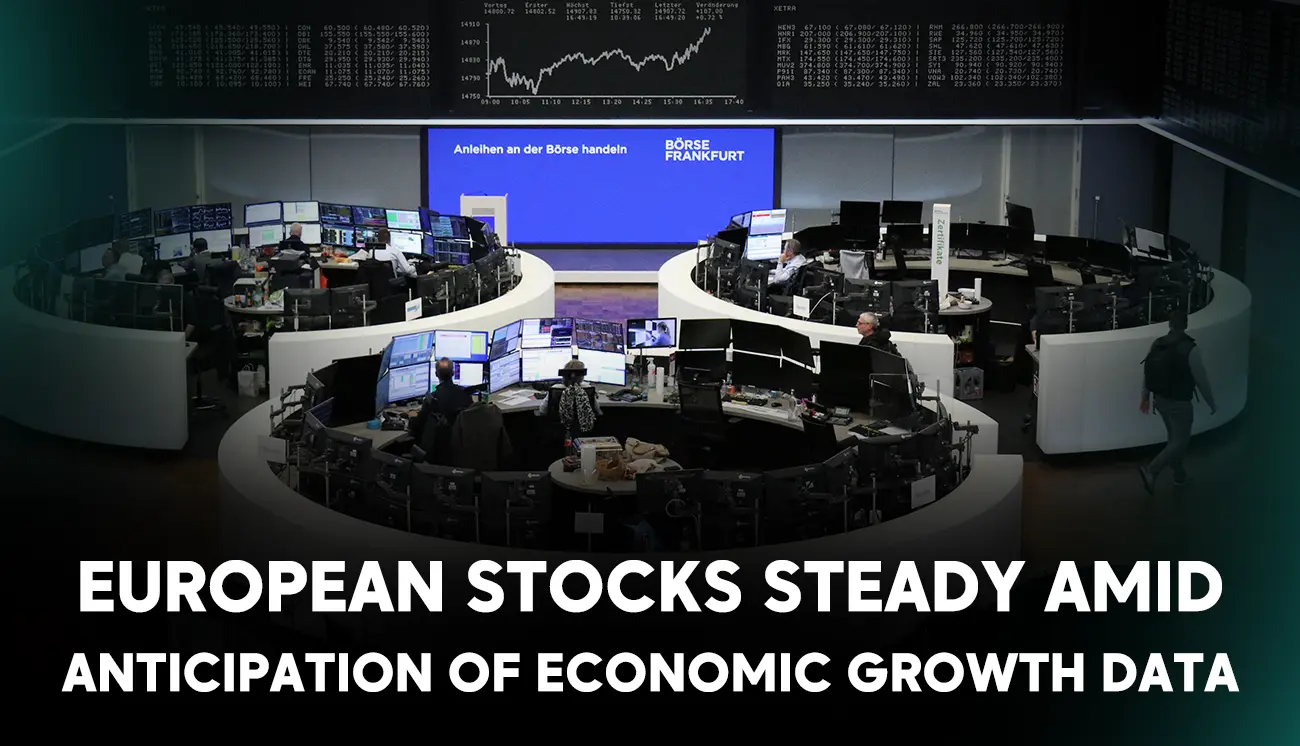European markets posted a slight decline during Wednesday’s session, with marginal price movements reflecting a lack of clear direction, as investors focused on corporate earnings from major companies and awaited central bank decisions. The cautious tone in the market was evident in key consumer and industrial sectors, with weak buying momentum and a tendency for profit-taking.
Second-quarter earnings results from European companies showed clear divergence, highlighting sector-specific conditions and external challenges. In the banking sector, UBS benefited from market volatility, delivering strong profits driven by higher trading volumes and demand for investment services. In contrast, institutions like HSBC saw profit declines due to one-off expenses and weaker returns on overseas investments, particularly in the Chinese market.
Companies such as Adidas and Aston Martin were negatively impacted by U.S. tariffs, along with continued pressure from both American and Chinese markets on sales volumes and profit margins. The luxury automotive sector faced greater difficulty, appearing more vulnerable to global trade fluctuations, raising questions about its ability to sustain previous growth levels in a more restrictive trade environment.
On the macroeconomic front, growth data from the eurozone was mixed. France exceeded expectations with growth above 0.3%, while Germany saw a modest improvement in retail sales. However, doubts remain over the region’s ability to maintain economic stability, especially amid rising interest rates and slowing external demand.
The European Central Bank (ECB) kept interest rates unchanged, opting to monitor the effects of its previous tightening cycle. Similarly, in the United States, there were no signs of imminent rate hikes, signaling a cautious approach by central banks as they assess current conditions without rushing into new policy shifts. The prevailing stance favors stability unless unexpected developments occur in inflation or wage dynamics.
Oil prices continued to rise, supported by U.S. warnings of potential additional sanctions against Russia should political progress in the Ukraine conflict stall. Despite this, European equities did not react significantly to movements in the energy market, suggesting a temporary balance between geopolitical risk and domestic economic fundamentals.
Germany’s GDP contracted by 0.1% in Q2 2025, compared to a revised growth of 0.3% in Q1. The primary cause was a drop in external demand particularly from the U.S., which front-loaded imports earlier in anticipation of tariff increases. GDP remains below pre-pandemic levels, highlighting the depth of structural challenges in the German economy.
Data also revealed a decline in domestic investment, while consumer spending and government expenditure saw modest growth. This further indicates ongoing caution within the business environment, despite marginal improvements in select indicators. A recent trade agreement with the U.S., which reduced tariffs to 15%, helped avoid a larger escalation, but it did not eliminate the negative impact on Germany’s export-reliant economy.
Despite some positive signals, market analysts believe Germany will continue to underperform in the short term, with a potential extension of stagnation into 2025. According to Capital Economics, fiscal stimulus measures are not expected to yield results before 2026. Meanwhile, ING warned that Germany still lacks meaningful growth drivers, particularly in investment and productivity.
Recent data from the ECB revealed a gradual yet notable slowdown in negotiated wage growth under collective bargaining agreements. After reaching 4.6% in 2024, projections indicate a drop to 3.2% in 2025 and further down to 1.7% in Q1 2026. This slowdown signals labor market stabilization following a period of inflationary wage pressures.
The moderation in wage growth reduces the likelihood of another strong inflation cycle, making it easier for the ECB to shift from a tightening stance to a more balanced policy approach over the next two years. This development offers a supportive foundation for recalibrating monetary policy without the need for abrupt or aggressive measures, especially if inflation remains near target levels.
Stay informed about global markets through our previous analyses. and Now, you can also benefit from LDN company services via the LDN Global Markets trading platform.





